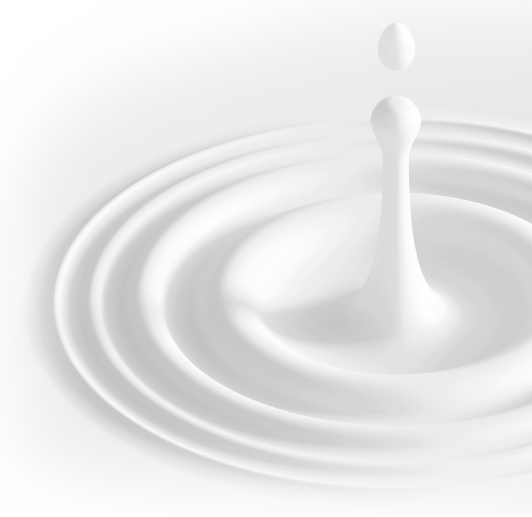Chemists have developed a new method with which they can characterise individual noble-metal-free nanoparticle catalysts. The particles could be a cheap alternative to precious metal catalysts for obtaining hydrogen from water by means of electrolysis. "In order to develop effective nanoparticles, we need to understand how the structure and activity of individual particles or small particle groups are related to each other," says Professor Wolfgang Schuhmann of the Center for Electrochemistry at RUB. He describes a new measurement method for this purpose together with the researchers Tsvetan Tarnev and Dr. Harshitha Barike Ayappa from Bochum and Professor Corina Andronescu from the University of Duisburg-Essen and other colleagues in the journal "Angewandte Chemie" of 1 October 2019.
So far, there are few techniques available to measure the catalytic activity of individual or a few nanoparticles. "The currents that have to be measured are extremely small, and one has to find single or few nanoparticles in order to measure them reproducibly," explains Schuhmann. The research team, which cooperates within the University Alliance Ruhr, showed that such analyses are also possible with high throughput - namely with scanning electrochemical cell microscopy.
ADDITIONAL INFORMATION:
Original Publication: Tsvetan Tarnev, Harshitha Barike Aiyappa, Alexander Botz, Thomas Erichsen, Andrzej Ernst, Corina Andronescu, Wolfgang Schuhmann: Scanning electrochemical cell microscopy investigation of single ZIF-derived nanocomposite particles as electrocatalysts for oxygen evolution in alkaline media, in: Angewandte Chemie International Edition, 2019, DOI: 10.1002/anie.201908021
---------------------------------------------------------------------------------------------------
Aktivität von edelmetallfreien Katalysatorpartikeln bestimmen
Edelmetallfreie Nanopartikel könnten als Katalysatoren für die Wasserstoffgewinnung aus Wasser taugen. Weil sie so klein sind, sind ihre Eigenschaften schwer zu bestimmen.
Chemiker haben eine neues Verfahren entwickelt, mit dem sie einzelne edelmetallfreie Nanopartikel-Katalysatoren charakterisieren können. Die Partikel könnten eine günstige Alternative zu Edelmetall-Katalysatoren darstellen, um Wasserstoff aus Wasser mittels Elektrolyse zu gewinnen. „Um effektive Nanopartikel zu entwickeln, müssen wir verstehen, wie Struktur und Aktivität einzelner Partikel oder kleiner Partikelgruppen zusammenhängen”, sagt Prof. Dr. Wolfgang Schuhmann vom Zentrum für Elektrochemie der RUB.
Ein neues Messverfahren für diesen Zweck beschreibt er mit den Bochumer Forschern Tsvetan Tarnev und Dr. Harshitha Barike Ayappa sowie Prof. Dr. Corina Andronescu von der Universität Duisburg-Essen und weiteren Kolleginnen und Kollegen in der Zeitschrift „Angewandte Chemie” vom 1. Oktober 2019.
Analysen mit hohem Durchsatz
Bislang gibt es wenige Techniken, um die katalytische Aktivität einzelner oder weniger Nanopartikel zu erfassen. „Die Ströme, die gemessen werden müssen, sind extrem klein, und man muss einzelne oder wenige Nanopartikel finden und reproduzierbar vermessen können”, erklärt Schuhmann. Das Forschungsteam zeigte, dass solche Analysen auch mit hohem Durchsatz möglich sind – nämlich mit der elektrochemischen Rasterzellmikroskopie.
Zusätzliche Information:
Ausführliche Presseinformation
Originalveröffentlichung: Tsvetan Tarnev, Harshitha Barike Aiyappa, Alexander Botz, Thomas Erichsen, Andrzej Ernst, Corina Andronescu, Wolfgang Schuhmann: Scanning electrochemical cell microscopy investigation of single ZIF-derived nanocomposite particles as electrocatalysts for oxygen evolution in alkaline media, in: Angewandte Chemie International Edition, 2019, DOI: 10.1002/anie.201908021


